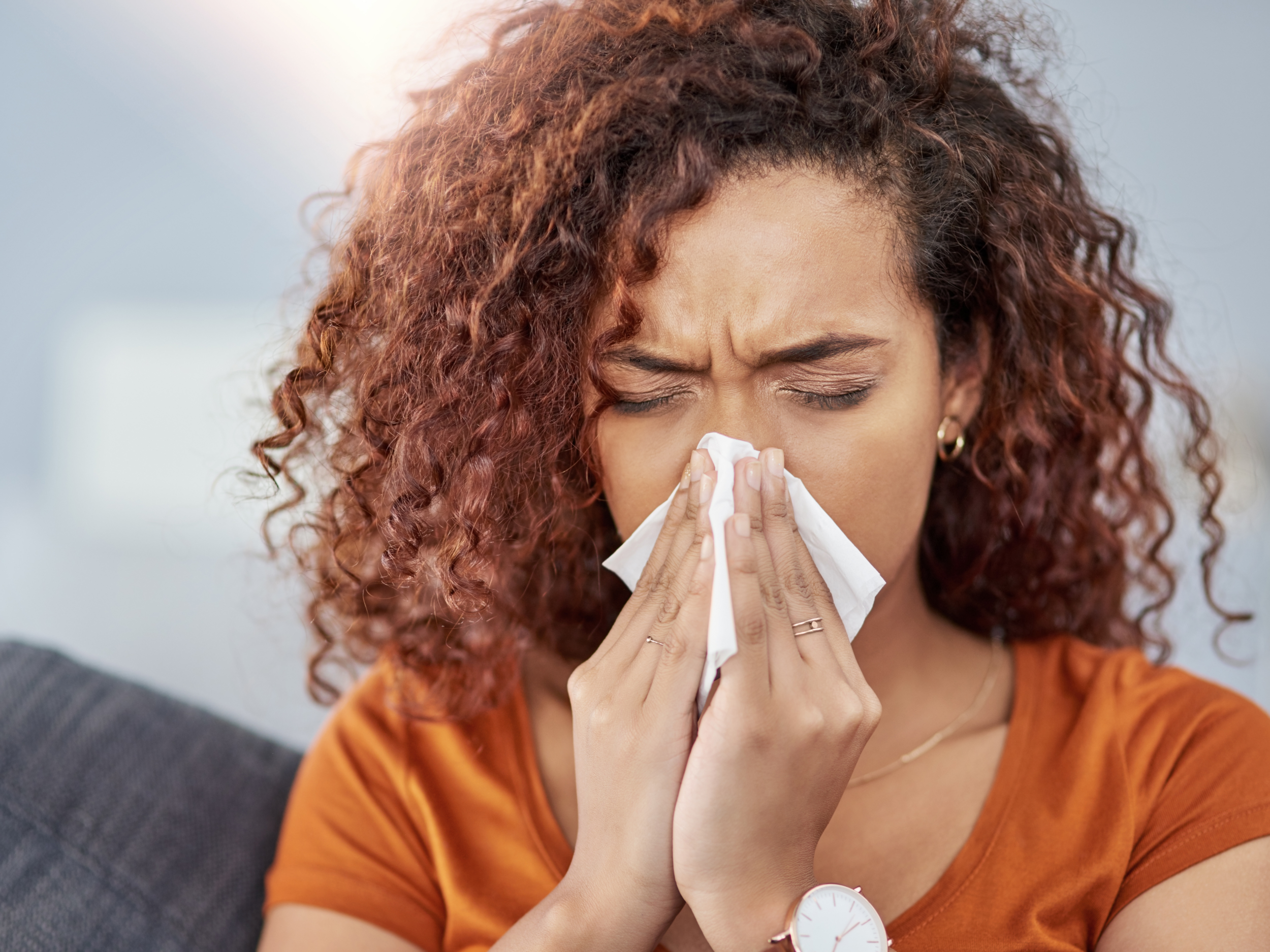
Educational Materials
Take charge of your health.
Become an informed consumer and read through these reports for information, advice, and self-help tools that are of interest to you.
Please click on any of the links below to read about each topic.
Allergen Immunotherapy
Allergen immunotherapy, or allergy shots, is a treatment for allergies that involves injections of gradually increasing amounts of purified substances to which you are allergic (dust mite, mold, pollens, animal dander, or stinging insect venom). Nine out of ten patients receiving this form of treatment experience a significant reduction in their symptoms.
Diagnosis and Treatment of Sinusitis
It all begins with an idea. Maybe you want to launch a business. Maybe you want to turn a hobby into something more. Or maybe you have a creative project to share with the world. Whatever it is, the way you tell your story online can make all the difference.
Gastroesophageal Reflux Disease
Gastroesophageal reflux disease is a very common disorder which involves a weakening of the muscle located at the junction of the esophagus and stomach. When this muscle, called the lower esophageal sphincter, fails to function properly, the stomach contents can move up into the esophagus, causing the pain and burning commonly called “heartburn.”
House Dust Mite Allergy
Dust mites are microscopic insect-like creatures which are present in the home during all times of the year. Their main food source is human dander (dead skin flakes). The fecal material excreted by the dust mites is the actual allergenic substance.
Hives (Urticaria)
Urticaria, or hives, is a skin condition that affects an estimated 25% of the population at some time in their lives. The urticarial rash consists of read, itchy and usually raised areas that can occur anywhere on the body.
Vasomotor or Non-Allergic Rhinitis
Rhinitis means inflammation of the nasal membranes. Vasomotor or non-allergic rhinitis is a common condition frequently confused with allergy. The diagnosis is suspected by history and confirmed when allergy skin tests are negative or do not correlate with the appearance of symptoms.
Allergy Environment Control
Allergies are a lifestyle issue. It is generally advised that patients try to minimize contact with the allergens that trigger symptoms. That being said, one does not have to live in a bubble but some precautions must be taken.
Allergy Medication Side Effects
There can be side effects from allergy medications. In this post we cover some of the side effects that can be caused by allergy medications, but please talk to you doctor and pharmacist if you have any concerns.
Allergy Medication Treatment
Allergy medicine can be quite helpful for control of allergy symptoms. A variety of over the counter allergy meds flood the aisle of the local pharmacy during the spring. Additionally, prescription allergy medications can be useful in treating many allergy symptoms.
Atopic Dermatitis (Eczema)
Atopic Dermatitis, also known as “eczema”, is one of the most common rashes of childhood. It is chronic, and can be a challenging condition for both the person suffering with this rash and the care providers. The involvement of an allergy specialist is helpful in confirming the diagnosis in difficult cases and in identifying triggers, including environmental allergens and foods, that might be aggravating the condition.
Nasal Polyps
Nasal polyps are small fluid filled sacs that develop from the tissue lining the nasal passages and sinus cavities. These growths lead to obstruction and the troubling symptoms of recurring sinus infections, severe nasal congestion, loss of or diminished sense of smell, post-nasal drip and headache.
Testing for Allergies
In order to best manage your allergy symptoms, it is necessary to determine what is causing them. Allergy testing is able to provide specific information about your allergic triggers. Once this has been determined, your allergist can develop a treatment plan specific to your triggers, symptoms and lifestyle.
Immune Deficiency
All people experience infections at one point or another. There are some people however who experience too many infections or who develop very severe infections requiring hospitalizations. These people may have primary immune deficiency.













